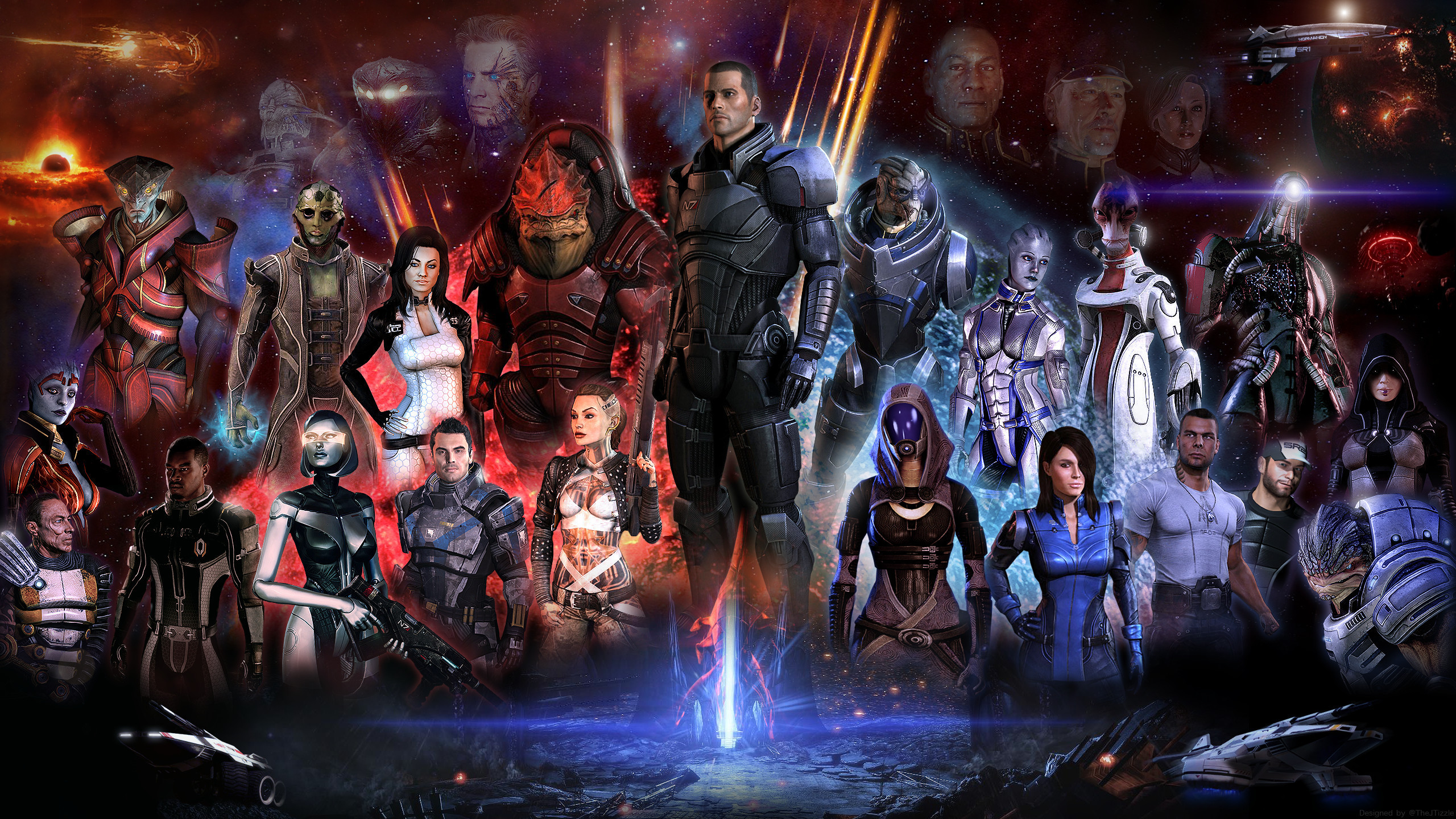Why We Play: Part 2
Opinion
Why we play games part 2; The ideal self
By Josiah Sapp
Everyone has something about themselves they would want to change. Whether it be physical, emotional or psychological there are pieces of ourselves that we wish could be different. On the flipside, we all have strengths that we can confidently claim as familiar territory. In the world of entertainment, pieces of content (movies, shows, games, books) are designed from the ground up to grab the attention of the widest group possible. Every show you watch or game you play, has a roster of characters that you may or may not identify with. The ones you don’t identify with tend to be the characters you care less about and aren’t worried if they’ll make it to another season or sequel. However, the characters we do identify with are the ones that we root for and are moved to tears when they make a heroic sacrifice. Why do we care so much about fictional characters? We know they’re not real and that we’re never going to meet them but we care nonetheless. In the world of video games, that sense of identification is what drives players.
Back in 2011, there was a significant study done by the the Association of Phycology about why people spend so much time in video games. Armed with hundreds of test subjects, the researchers went into the study assuming that people played games to “distract” themselves from their everyday lives and stress. While distraction plays a part in gaming, the study found that it’s not always the main factor. The research showed that players found a sense of fulfillment and “a game can be more fun when you get to act out and be like your ideal self”. Along with seeing yourself in a game, most gamers find a game rewarding when their actual identity and their ideal identity overlapped within the game. They saw themselves initially in a character but were more satisfied when that character acted in a way that they’ve always wanted to. The most astonishing thing about this is that the players came out of the study feeling more confident about themselves and had an overall better view of who they are.
Humans are relational by nature. We need connection to other people or (in video games) to fictional characters. Think back to your childhood for a moment. What characters were you attached to? Batman or Superman? Wonderwoman or Sailor Moon? Optimus Prime or Ninja Turtles? For me, I looked up to Spider-Man. Tremendously intelligent and always used his wit to outsmart the bad guys. Yeah he had super spider powers but his ability to come out on top of any situation while always cracking a joke stood out to me. Heroic and funny? Perfect combo in my opinion. As I grew up, I naturally latched onto video games like Crash Bandicoot and Spyro the Dragon. Both funny and wacky heroic characters with loads of adventures to enjoy. I related to those games and had the most fun with those characters because I saw bits of myself in them and parts that I wanted to be.
 |
| Mass Effect character roster |




Comments
Post a Comment